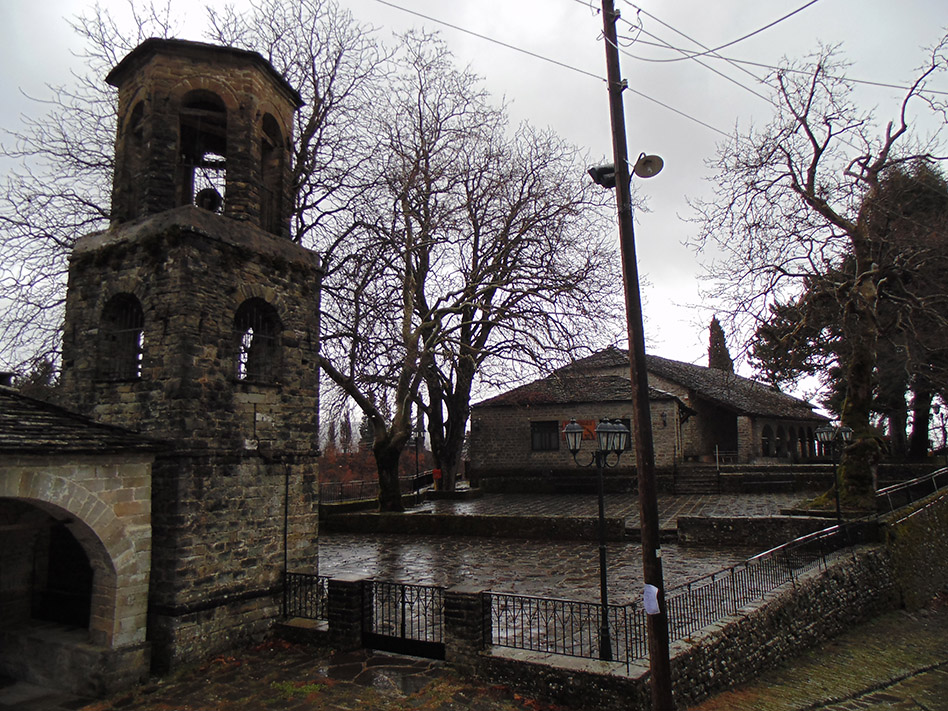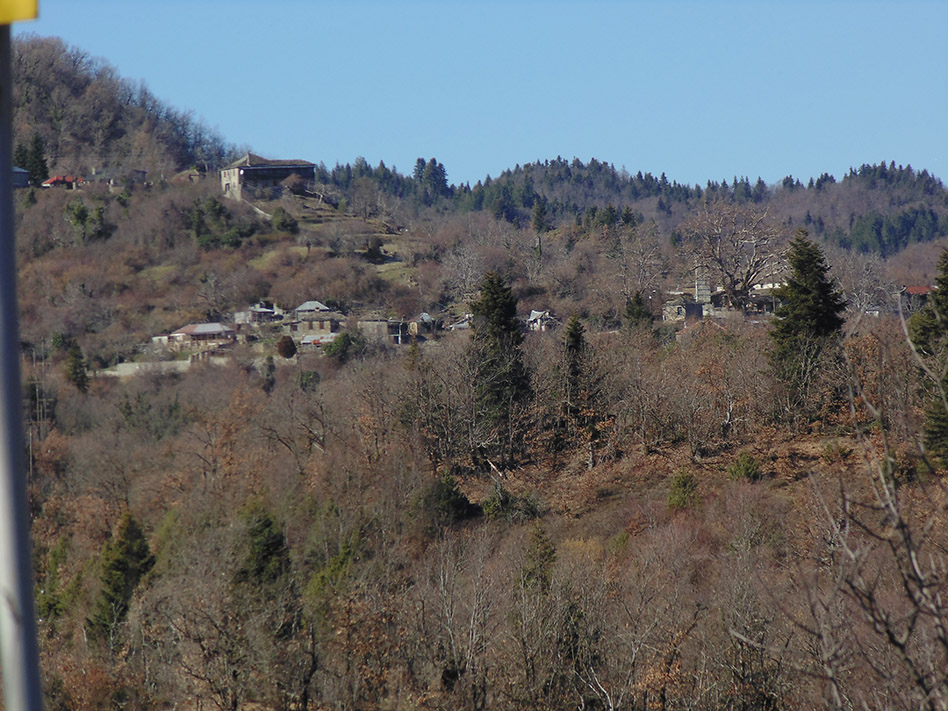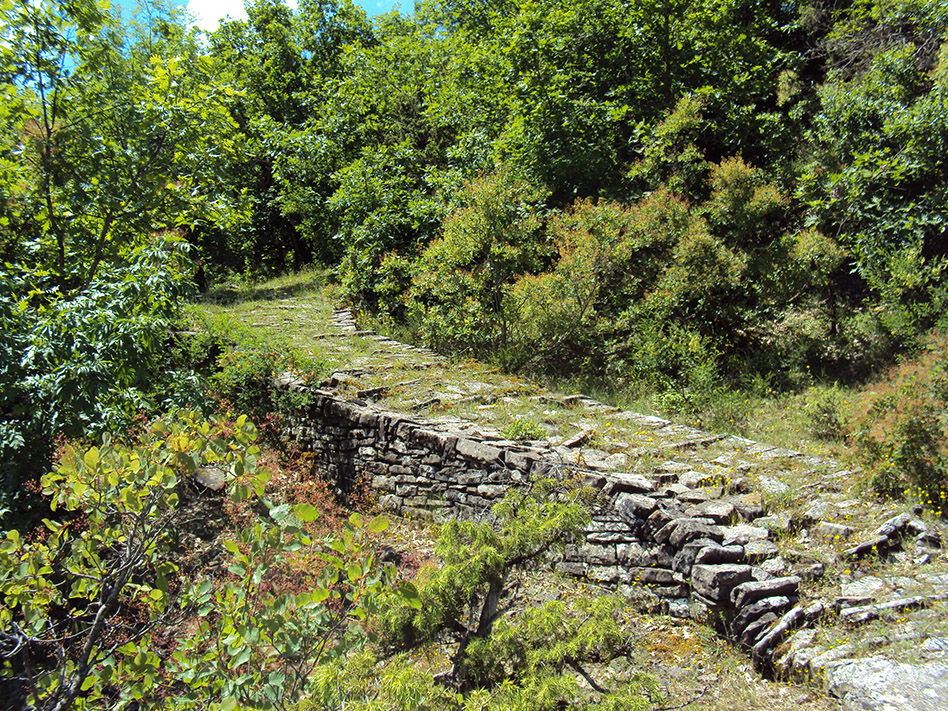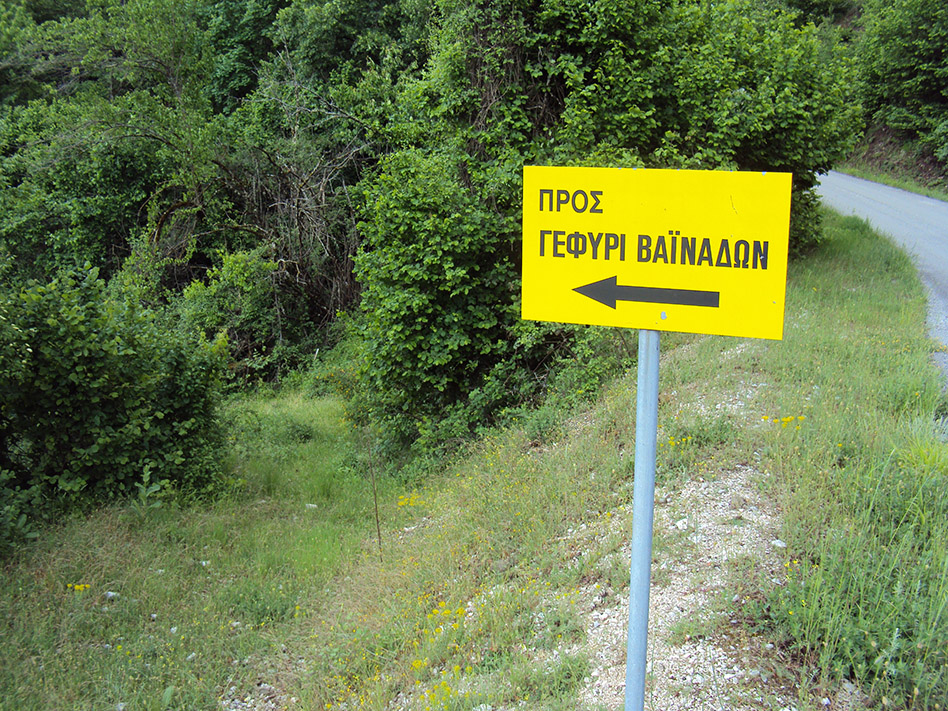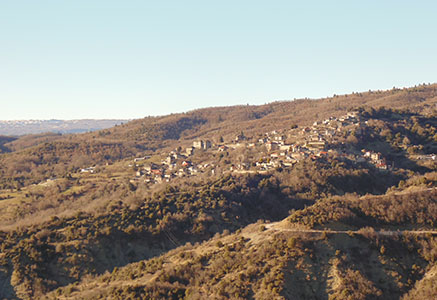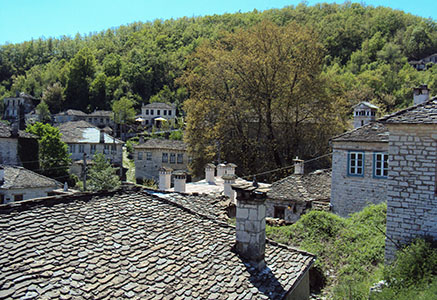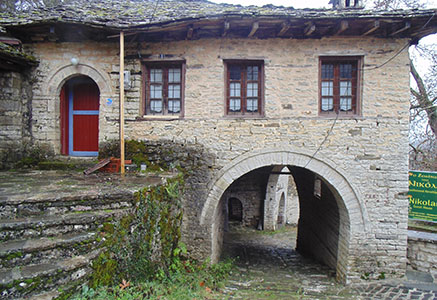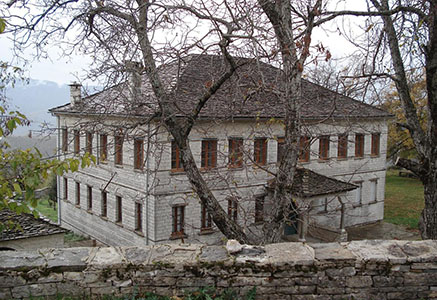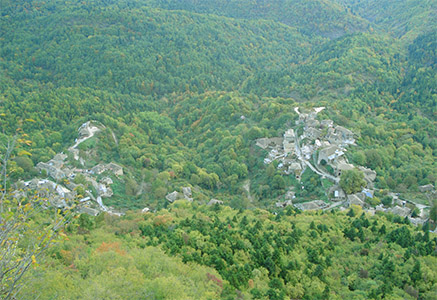Project Description
The name Calota is a proper noun and comes from the Slavic kalcota-Kald which means black and the Slavic ota suffix. Historian Mr. Lambridis mentions the name of a Kalota family that flourished in Giannena in the 16th century. The oral tradition mentions two brothers from the Kalota family, one of whom settled there and founded the homonymous village, while the other founded the old settlement, Kioutsuk Kalota, near the village of Greveniti. According to the tradition, Kalotas conveyed the inhabitants of the village of Vourliades and settled them in the area of the present village, which was named after him. Another oral tradition indicates that the village was founded by residents from the old village of Visokko, which is also mentioned in the capitulation by the Turks.
The village is built at an altitude of 840 meters and prospered during the time of Ali Pasha, between 1780 and 1825. From Kalota came the famous Rova with his caravan. He started from Dovra and arrived in Vlachia, as the folk song says.
On 23 October 1943, the village was burned by the Germans with tragic the results of two dead people and 70 burned houses.
Among the important monuments is the Monastery of Visiko (1114), the Temple of Metamorphosis of the Savior (1854), the famous Tap of the Despot and the old settlement of Skamnia, were remains of a Roman fortress have been found, and a Latin inscription with the carved name of Antonio Salve.



